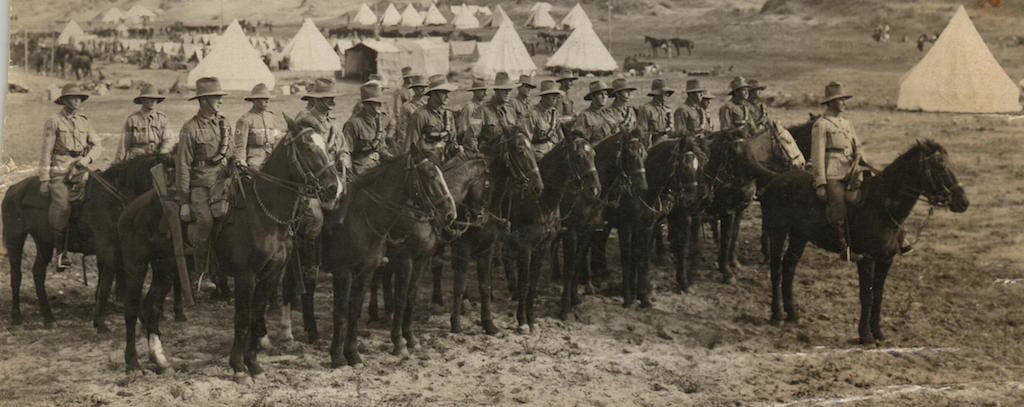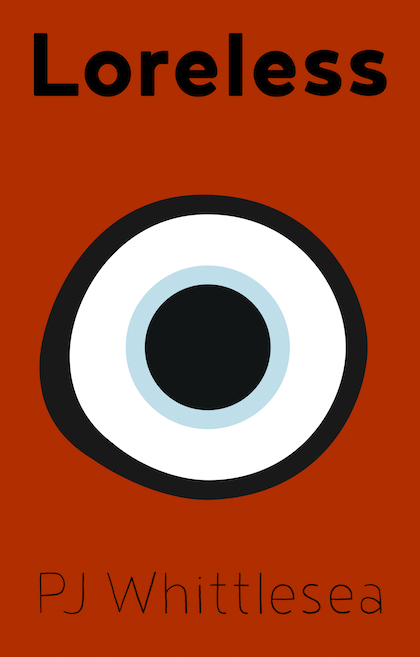
The Not So Great War
Over a hundred years ago, my grandfather went off to war.
He was young, and possibly, panting at the bit to go. He may have gone earlier if it hadn’t been for age restrictions.
It was to be a great adventure.
Every able-bodied man wanted to be part of it. At least that is what I am led to believe.
I’m sure that’s not completely true. There must have been some people against going to war.
Things were different back then, war was an accepted part of life. There had been wars raging somewhere on the planet since the birth of modern man.
Nothing has really changed, wars still rage on. Only now we are more aware of them.
We have cameras on the ground. We have reporters feeding us information in milliseconds.
A hundred years ago, reports from the front took a lot longer. You would have had to read it in the newspaper, or wait for the book to come out, before you could have a first hand experience of what went on. Even then, it wasn’t always accurate.
It was distant. It was mysterious. It wasn’t close to home.
It was something that happened somewhere else.
My grandfather didn’t come back unscathed.
He carried a piece of shrapnel around in his leg for over fifty years. He also carried memories of the dead. He never forgot.
He made sure that I knew how bad it was and that I didn’t entertain any ideas of entering the service.
He was not primarily a warrior, he was an ambulance man.
He was a member of the Australian Light Horse Brigade. Cavalry was still the accepted means of battle in those days. It was a journey of several weeks by ship to reach the Middle-East.
He and his horse made the long trip together around the world.
He spent most of his time in the desert, which wouldn’t have been unfamiliar to him.
South Australia is one of the driest places on the planet.
However, the environment is less aggressive. There were, and are, no machine guns in Adelaide. There were also no tanks and, most definitely, no snipers.
A while ago I tried to trace his movements. I attempted to map his journey.
Towards the end of his war service he was involved in the race to Damascus.
It was at this time, during the final days of the war, when he was awarded a medal for his actions. He went in under fire, in the heat of battle, to pull out injured. The battle was for a bridge over the Jordan River in Palestine.
It was one of those important targets, which was fought over many times, before there was a victor.
Curiously, this spot has been the site of several battles over the centuries. Hundreds have sacrificed themselves for a speck on the map.
Now it’s an insignificant crossing in the middle of farmland, not unlike the fields of the Western Front in Belgium.
All that death and destruction only to become a home for cows or crops. No one is fighting for it now.
It all seems incredibly pointless.
Perhaps that’s because it is.
We keep doing it, though.
Every year men, women and children die and suffer because of war.
Maybe it’s the natural order of things. It’s not a pleasant thought, but there are limits to how many people can comfortably be sustained on this planet. Sickness and war are very effective ways of culling the population.
It may be a necessary evil.
Unfortunately, it goes beyond that. We never fail to find reasons to go to war. It’s in our make up as human beings to want to fight. We are victims of our own system of hierarchy.
There is always a pecking order.
My grandfather didn’t think about these things when he enlisted.
He was embarking on an exciting journey, an overseas trip.
It promised to be a grand adventure.
The trip of a lifetime.
He even returned with a photo album of his experiences. It has the usual holiday snapshots: sunsets, beaches, old buildings, churches and ocean vistas.
It has other things you don’t usually find in a vacation album. There are portraits of guns, a burnt out wreck of an airplane, men in uniform and dead bodies. There is also a lot of barren desert.
It looks dry and uninviting.
It looks very unpleasant.
The photos are in glorious black and white which adds to the allure.
It also makes everything appear otherworldly.
Again, there is the disconnection. We can view things much more comfortably as outsiders.
It’s not completely real.
I remember him sitting me down on my bed.
I was pretty young, around seven years of age.
He told me about his adventure. He showed me the bullet wound on the inside of his thigh, the last remnants of the bullet would only be completey removed a few years later.
He carried a piece of World War One schrapnel around in his leg for most of his life. Quite a reminder.
He gave me some of his most prized possessions, his collection of war memorabilia:
- A Gallipoli Star (a medal receive as thanks from a Turkish prisoner-of-war whose life he had saved)
- His pay-book with the will section at the back left unfilled (He expected to come home, I suppose they all did)
- A photo of him in full uniform.
- Another of the full regiment mounted on horseback with a desert backdrop.
And then there was the photo album.
Purchased in Egypt, it has a bright blue binding. Written in faded pencil under each photo is a caption.
Some of the frames are empty, though. He had taken out the most gruesome photos. I think this is a shame. The album only tells part of the story.
One day I will get the pencil captions restored and deciphered. Then I can read exactly what he has written.
One thing is certain and I won’t find it written in the captions. He was not proud of it all. He never openly spoke of his experiences.
It was a warning.
Don’t fight.
War is not great.
Have you also been honoured with a personal insight into the past?
Leave a comment below or join the mailing list and let me know.

